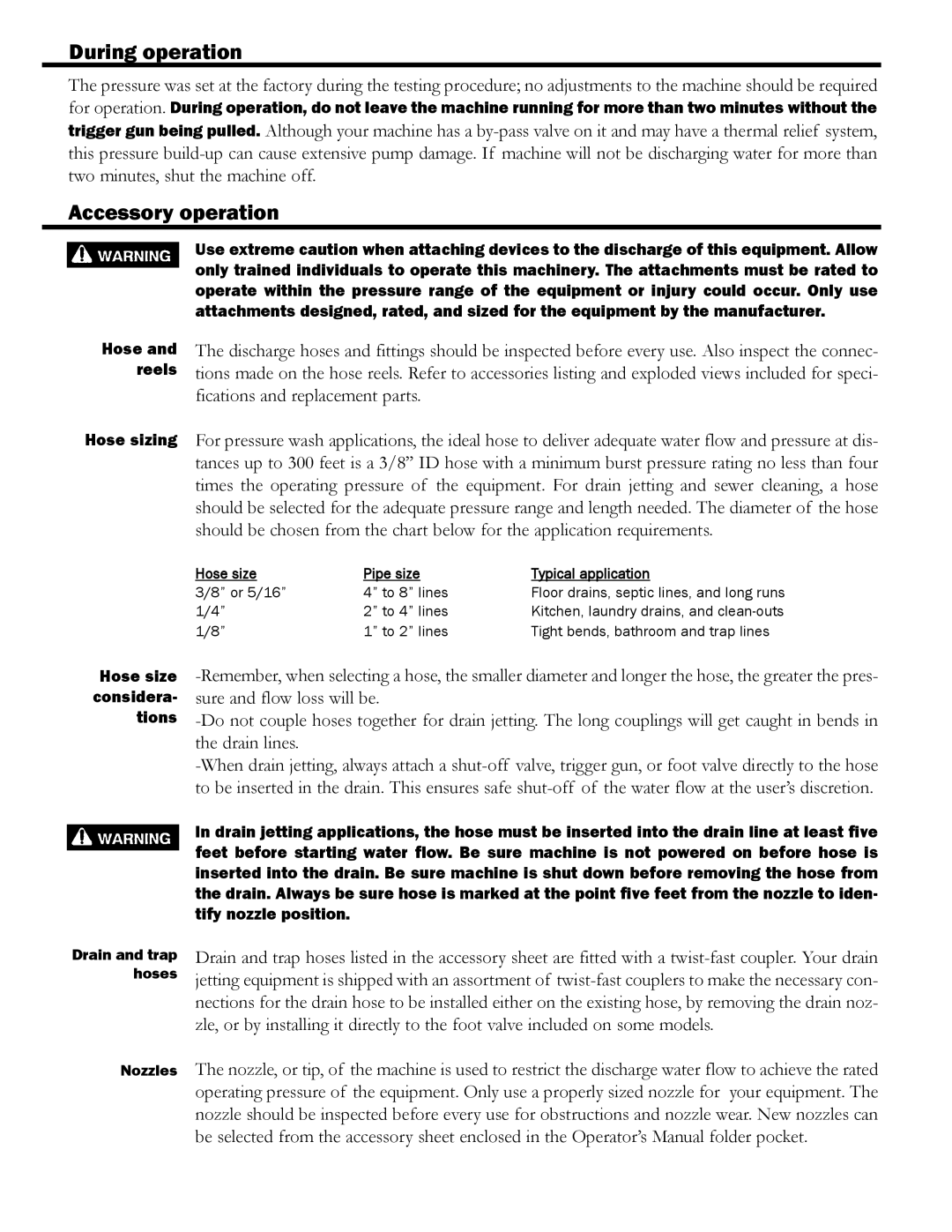CS1000.22, CS1300.22 specifications
The S-Cam CS1300.22 and CS1000.22 represent a significant advancement in the realm of heavy-duty commercial vehicle braking systems. These models are engineered for optimal performance, reliability, and safety, catering to the rigorous demands of the transport and logistics industries.One of the standout features of the S-Cam CS1300.22 and CS1000.22 is their robust construction. Both models are designed with heavy-duty materials that ensure durability and longevity, crucial for vehicles operating in challenging environments. Their high resistance to wear and tear translates into reduced maintenance costs, making them a cost-effective choice for fleet operators.
The braking performance of these models is enhanced by advanced technologies that improve stopping power and response times. The S-Cam design optimally utilizes leverage, allowing for greater force to be applied to the brake shoe. This results in a quicker and more efficient braking process, which is vital for safety, especially when dealing with heavy loads.
Another key characteristic of the CS1300.22 and CS1000.22 is their compatibility with various vehicle types. These models can be fitted on a range of commercial vehicles, including trucks, trailers, and buses, offering flexible solutions for fleet managers. The standardization of parts also contributes to easier inventory management and reduces downtime during repairs or replacements.
The engineering behind the S-Cam braking system focuses not only on performance but also on enhanced safety features. Advanced friction materials are employed that improve traction and reduce the risk of skidding, particularly in adverse weather conditions. The models are designed to function effectively under extreme temperatures, ensuring consistent performance regardless of external factors.
In terms of installation, the S-Cam CS1300.22 and CS1000.22 feature user-friendly designs that facilitate quick and efficient mounting on vehicles. This is especially beneficial for fleet operators who seek to minimize downtime and maintain operational efficiency.
Overall, the S-Cam CS1300.22 and CS1000.22 are engineered with a focus on delivering high performance, safety, and reliability. Their advanced features and technologies make them a preferred choice in the heavy-duty braking market, ensuring that commercial vehicles meet regulatory standards while maintaining optimal efficiency. These models exemplify the continuous innovation aimed at enhancing freight transport safety and performance.

